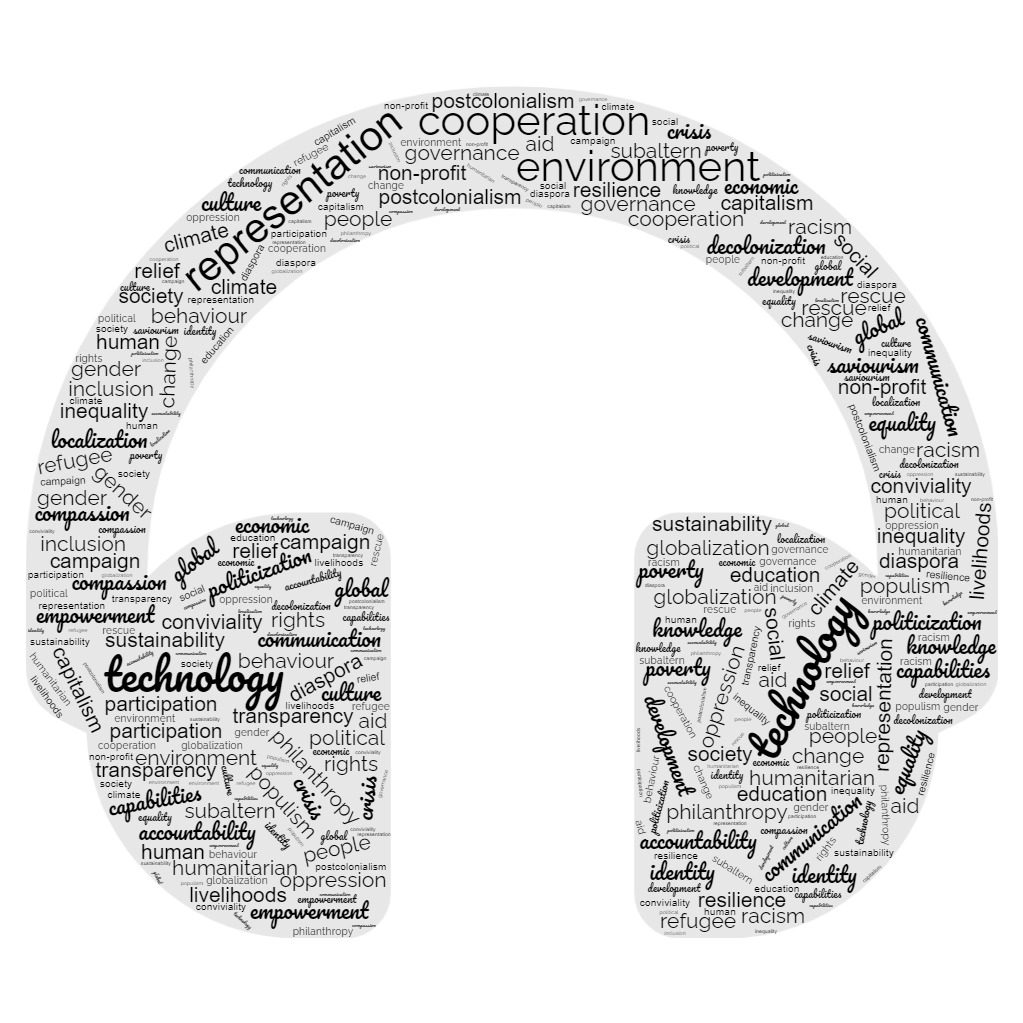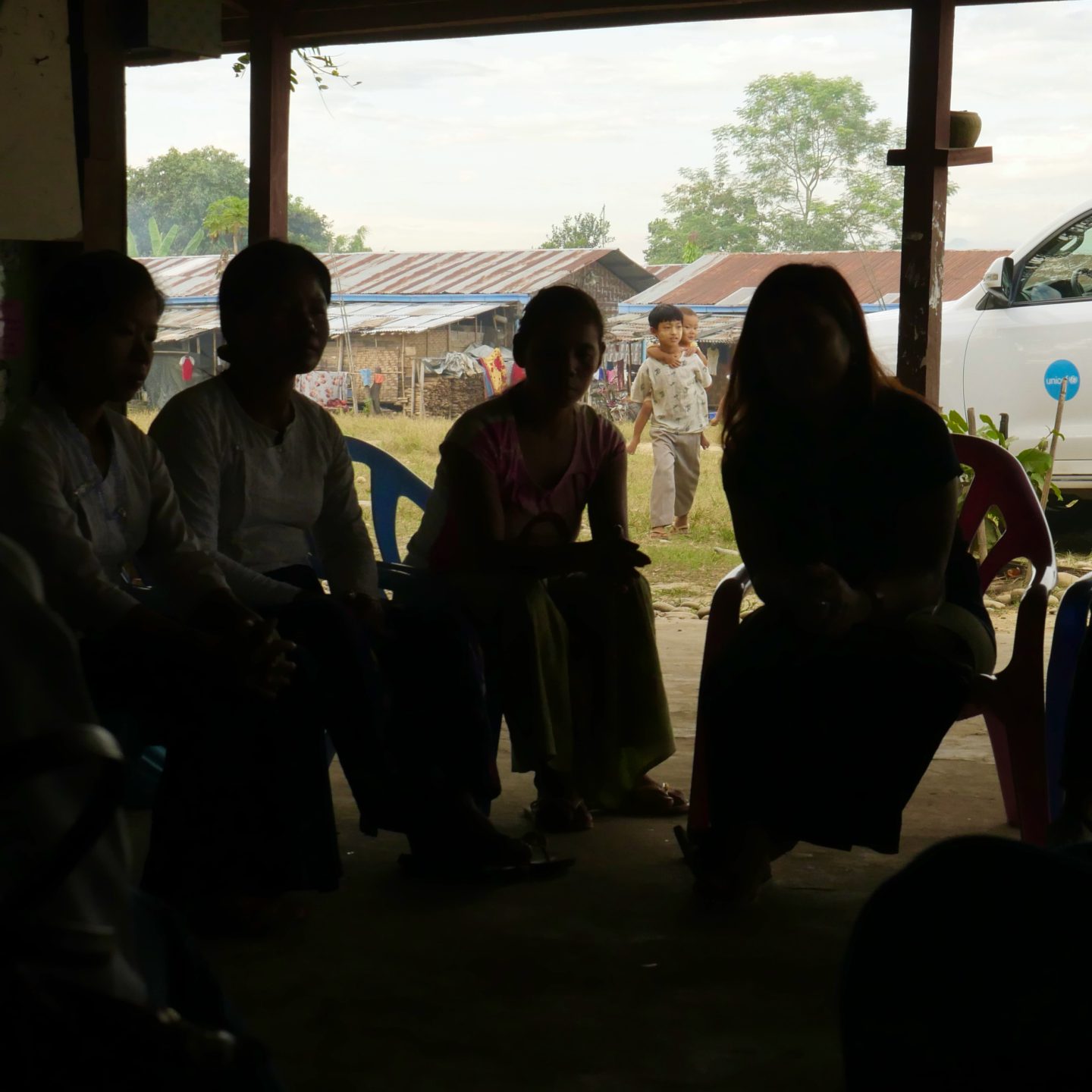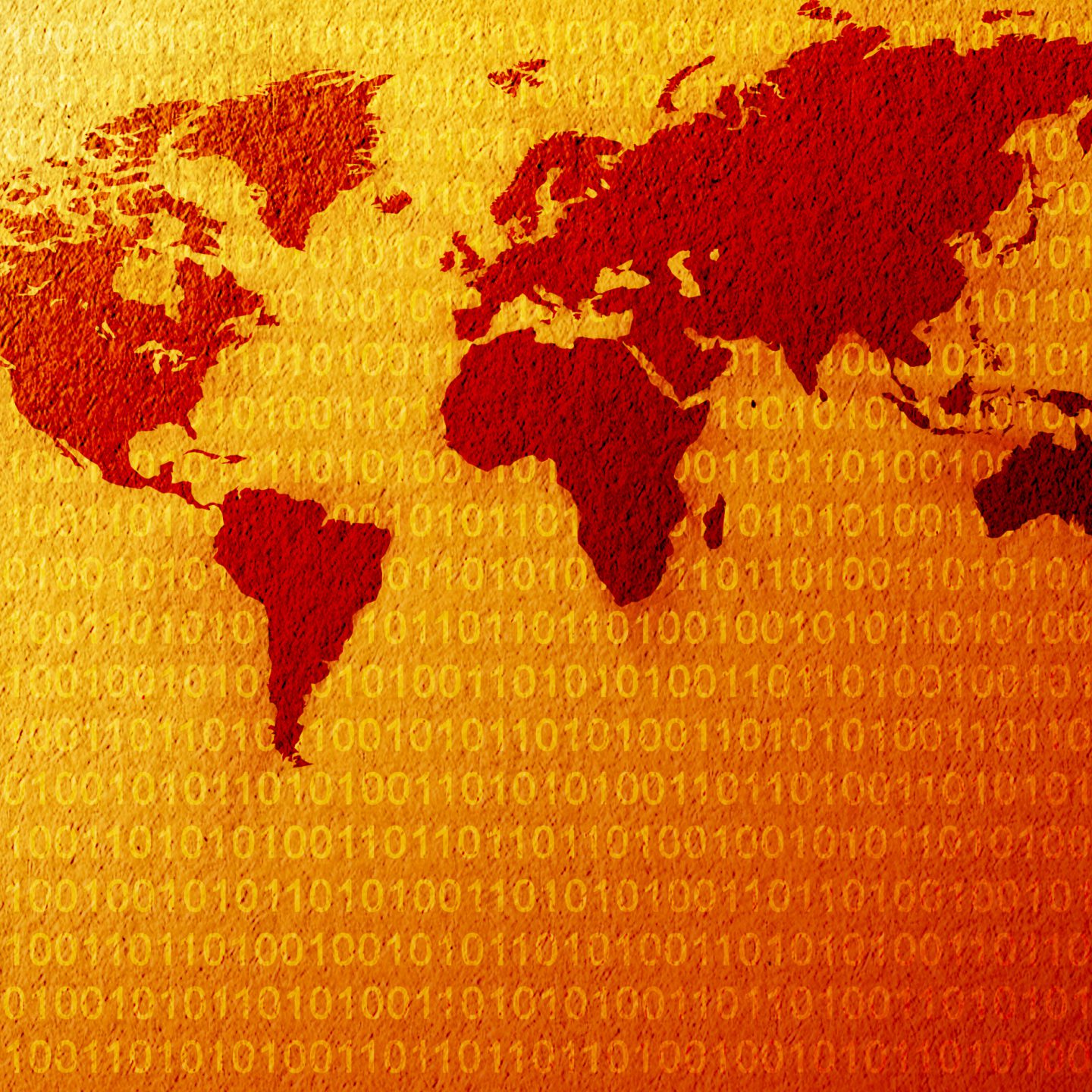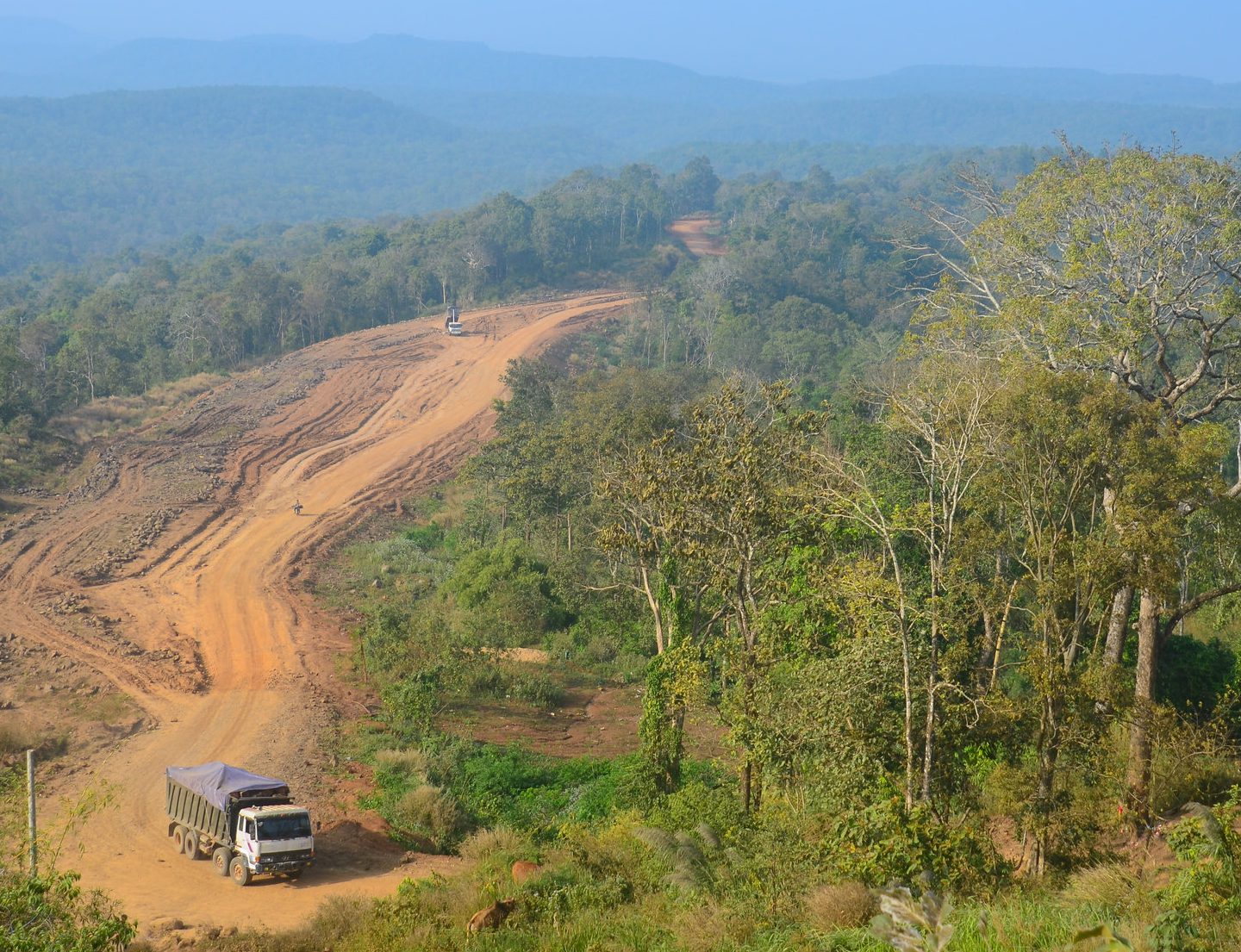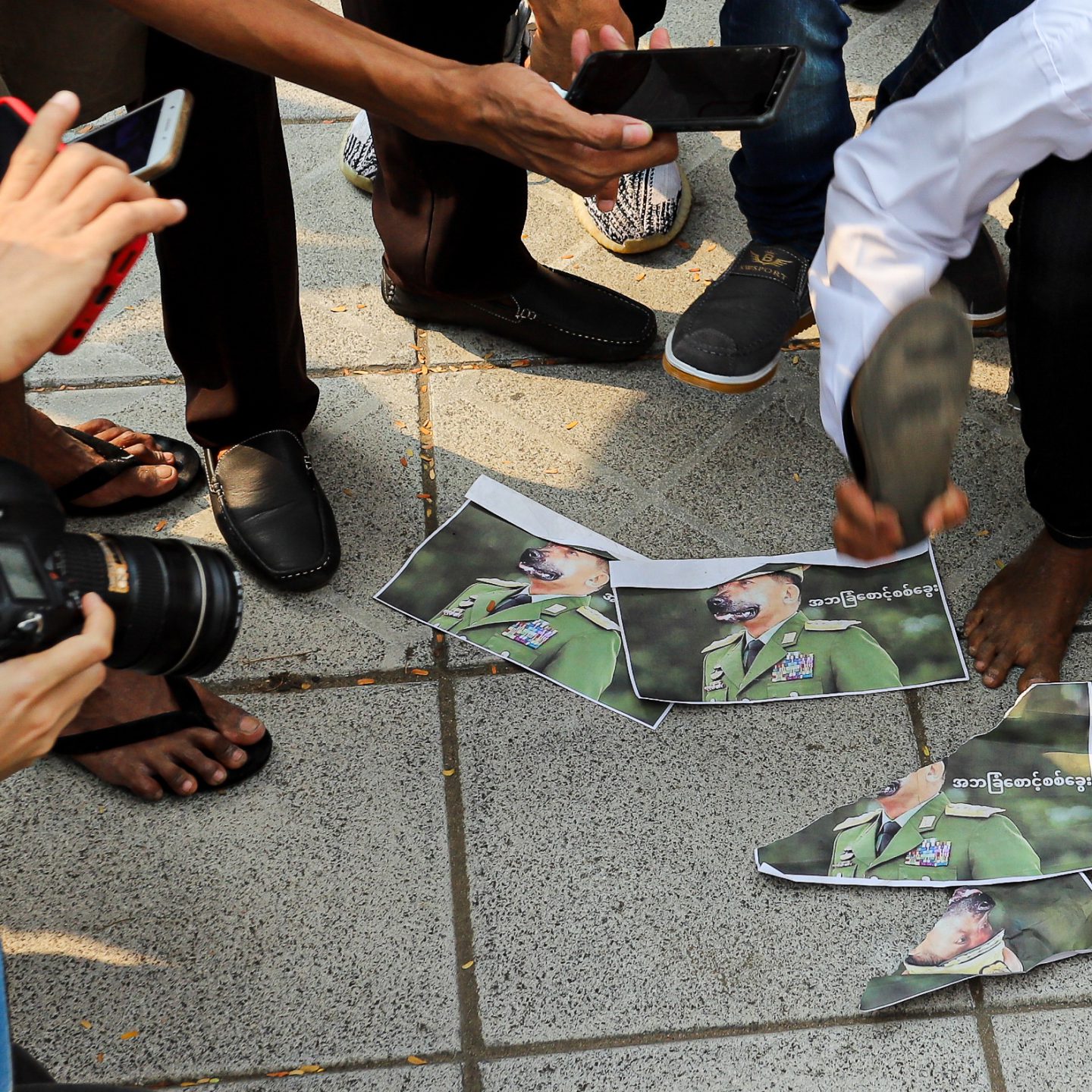Reshaping Perceptions: A Journey through Art Activism with Shamsia Hassani
In the bustling streets of Kabul, amidst the vibrant chaos of everyday life, the graffiti works of Shamsia Hassani serve as a window into the unspoken struggles and unyielding strength of Afghan women in a male dominant society. Shamsia Hassani is one of several emerging female artists who have garnered global attention in recent years by embracing graffiti as a means to advocate for women’s rights and to bring forth truths in a country that has long been plagued by conflict.
